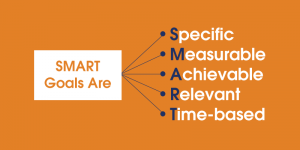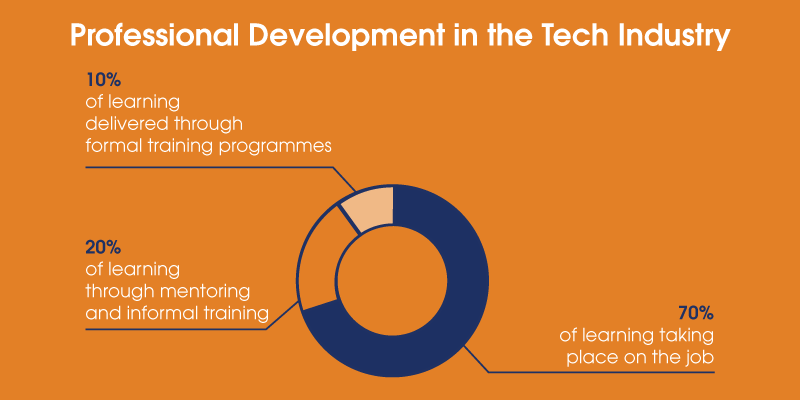Career Planning Tips for the New Year
When returning to work after the festive break, it might be easy to slip back into your routine without too much thought. Yet, this is the time of the year for reflection. You’re feeling rejuvenated (hopefully!), so the early part of the year is an ideal time to take a step back and look at your working life with a refreshed perspective. If you’ve started 2020 without relooking at your career goals, then 2021 is the year to make amends with these quick career planning tips that will help put you on the right track; focusing on key areas for professional planning and improvement that will set your course for the new year.
Review and Document Your Achievements
The best way to strategise for the future is to start by looking at the past. This means reviewing your core achievements from the year before, and how they met the personal objectives you’ve set previously. This might include tangible goals (such as KPIs), the delivery of specific projects or goals around developing in-demand technical skills through mastering a piece of software or completing new qualifications. And of course, don’t forget soft skills like building relationships, mentoring and managing staff – basically anything that means pushing yourself outside your comfort zone. Other examples include activities like speaking engagements at conferences or attending networking events.
These achievements are going to be the building blocks for the coming months and years, so look at ways to document them. Start a portfolio and showcase your best efforts, and update your LinkedIn profile to reflect your recent projects and experience. Even simply asking colleagues to contribute a recommendation or endorse your skills on your LinkedIn profile can be a massive help. While you’re in this mindset, it’s also a great opportunity to update your CV with any major projects and success stories.
Set Smart Career Goals for the Rest of the Year
After this period of reflection, it’s all about setting your goals and objectives for the remainder of 2021. If you haven’t done a lot of this in the past, try using SMART criteria, which will ensure they are attainable and realistic.
SMART stands for Specific, Measurable, Achievable, Relevant and Time-based and should be the format with which you write out your goals. For example, if you’re a software developer you might set yourself the goal of “Undertake training in XX program within the first six months of the year so that I can better support YY project”. Or Project Managers may wish to “Gain practical experience in agile methodology with a view to modernise YY project and upskill ZZ team”.
You should aim for a combination of short-term, medium-term and long-term goals as well as a mix of technical and soft skills. We are starting a new decade, so now is the time to think big and look at where you’d like to see yourself and your career in the next 3-5 years. For the short-term goals, set various checkpoints throughout the year to measure progress and see whether you need more support to achieve those goals – this could be more resources, funding or input from your manager/colleagues.

Seek Out Professional Development Opportunities
In the tech industry, professional development is often undertaken on the job following the principle of 70:20:10. This is where 70% of learning takes place on the job through practical experience and solving problems in real time, 20% is through mentoring or learning from managers and colleagues, while only 10% is delivered through formal training programmes.

Looking at your career goals, it might be obvious what kind of professional development you need to deliver certain objectives. If it is achieving a new qualification, it’s only natural that you’ll need to enrol in a formal training course. But if it’s learning how to master a specific piece of software or project management methodology, you might be better looking within your organisation to see if there is someone you could shadow or be mentored by.
The same applies to setting career goals that are focussed on achieving promotions or managerial experience. Reach out to people within the business who may be able to provide mentoring. Obviously, your manager may be able to make some recommendations here. Don’t forget to look outside your organisation for inspiration too. Attending online courses, webinars, conferences and industry events is a great way to grow your network and promote your personal brand. Keep an eye out for the next Emanate Technology event too, get in touch if you’d like to be added to our mailing lis
Summary
Whether you’re lacking a bit of direction, or just haven’t had the time to give it some thought – it’s not too late to get started on your career planning for 2021 and beyond. While it won’t give you success alone, by breaking it down into realistic, tangible steps, you’ll be putting in the groundwork for the years to come.
If you’d like some more advice on how to set career objectives or if you’re ready to make a move in 2021,talk to our experienced team of Tech recruitment specialists at Emanate






